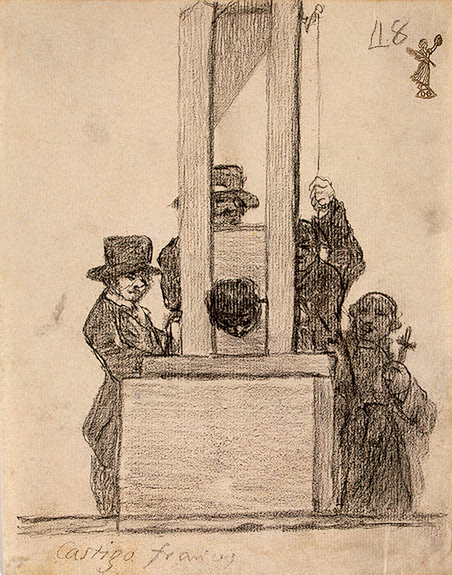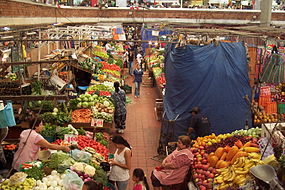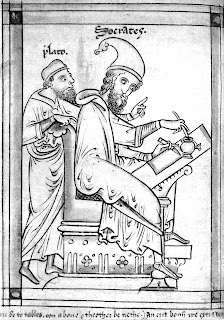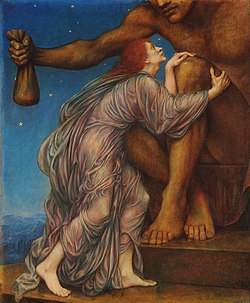
The "market" is not absolute but always conditioned by culture, philosophy, history and law. We can see this merely by considering what counts as a commodity. Human beings were once considered as such, but slavery has been abolished by law. Should there be a trade in body parts, in relics of the saints, in drinking water or air? Should we be allowed to "patent" a genetic code? The decision is up to us. If I can put something in a bottle or box and someone else is prepared to pay for it, it enters the market. I was reminded recently by an article in
Prospect magazine ("
A Place of One's Own" by Andrew Linklater) that land ownership rights only began to be recognized under the common law in the 12th century. For most peoples throughout history, while "animals and crops could be owned, occupancy might be bought and sold, but the Earth, the source of life itself, belonged to no one." (In 1800, Linklater estimates, two thirds of the world's agricultural land was still owned communally.) But in the modern era that distinction was lost.
Of course, the right to use land easily turns into a claim on the land itself - leasehold turning by degrees into freehold. In ancient times the King (or in the case of Israel, God) granted use of the land to his tenants, or in the case of "common land" rights of use may have predated even the monarchy, but with the Enclosure movement most of England became parcelled up into private plots. When in the 16th century money began to be lent against the value of a chunk of land, the concept of "equity" was invented (as the residual value after the payment of the debt) and equity became the basis for capital - but I suppose the key development was the assigning of a quantitative "value" to the land in the first place. The injustices to which the accumulation of landholdings around the world gave rise, once the principle of a "social mortgage" on private property was forgotten, are condemned in a powerful and informative document from the Pontifical Council for Justice and Peace called "
Towards a Better Distribution of Land" (1997).
The global boom a few years ago, Linklater argues, was built on the disparity between the way land was owned in the West and in China. In the West, Clinton and Bush lifted financial regulations on home loans to spread homeownership to the poor, assuming the endless rise in the value of those homes would enable them to pay off their mortgages eventually. This rising value powered the expansion of the consumer economies - people (thought they) had more to spend. GDP expanded enormously. In China meanwhile, lack of property rights drove the peasants into urban factories, producing goods for Western markets - and savings too had to be invested abroad because of the lack of property at home. This created the whole unstable edifice of global finance ("around $2 trillion in Chinese savings invested in US treasury bonds, which in turn kept interest rates low, mortgage lending high, and economies growing", with derivative securities growing to more than $600 trillion by 2007). The rug was pulled from under this by the inevitable collapse of the property market in the US. Linklater concludes that a "future government would be wise to find ways to support property owners against their mortgage-lenders, and favour both ahead of the financiers who lent to them in the first place."
[Picture: Port Meadow Oxford, by Rose-Marie Caldecott]



















